When Bree Black Horse was sworn in as a federal prosecutor Thursday, it was more than just a ceremony.
It represented a commitment by the U.S. Attorney’s Office and other agencies to combat violence on tribal land and build trust with Native people who had been mistreated by the government for centuries.
“Our country has historically failed to meet the crisis of missing and murdered Indigenous people with the urgency and resources it demands,” said Black Horse, a Seminole Nation of Oklahoma citizen who lives in Yakima. “That historical failure stops now.”
Black Horse, who previously worked in the Native American practice group at Kilpatrick Townsend in Seattle, was appointed in late February as an assistant U.S. attorney specializing in prosecuting cases involving murdered and missing Indigenous people in the Pacific Northwest.
Wearing regalia of the Northern Plains Blackfoot tribe, Black Horse took her oath of office from Vanessa Waldref, U.S. Attorney for Eastern Washington, in front of the Yakama Nation Multi Purpose Justice Center. The ceremony was attended by representatives of federal, state, local and tribal law enforcement, as well as leaders of the Yakama Nation. The ceremony opened with a traditional sacred song by Yakama Tribal Chairman Gerald Lewis.
Lewis hoped that Black Horse’s work would help bring closure for the families of murdered Indigenous people.
Aggie Bautista, whose mother, Gail Teo, was killed in her home on the Yakama Nation reservation in August 2019, said she was honored to witness Black Horse’s swearing-in. It will help to have someone who shares Native people’s culture and experience with the generational trauma caused by violence against Native people, she added.
“It’s a relief for Indian Country to have an Indigenous sister in place to assist families like ours through these complex systems,” Bautista said.
Waldref said the U.S. Attorney’s Office’s MMIP program is an effort to both make the community safe and rebuild trust with Native Americans. It’s an effort that requires showing up, pursuing cases on behalf of Native people, and having the difficult conversations needed to address the MMIP crisis and overcome generational trauma.
“Our commitment is not new. But it is renewed,” Waldref said. “We will continue to prioritize cases arising in Indian County and with renewed resources continue to address the root causes that have led to increased violence on our tribal nations.”
The fact that Black Horse is a tribal citizen also helps build trust with Native communities, Waldref said.
“I think it is an incredible opportunity to have an advocate as strong as Bree to speak truth and to build trust in ways we need to do, and to build on what we are doing to keep our Native American communities safer.”
First Assistant U.S. Attorney Rich Barker said when the office was looking at creating the position, he said Black Horse was a logical choice, and when he called Black Horse to discuss the position, he said that she had a passion for it.
“I felt called to do this,” Black Horse said. “But it was also difficult because I really enjoyed my prior position representing tribal interests in state, federal and tribal courts across the country. But as soon as I got the call, I knew I needed to serve in this position.”

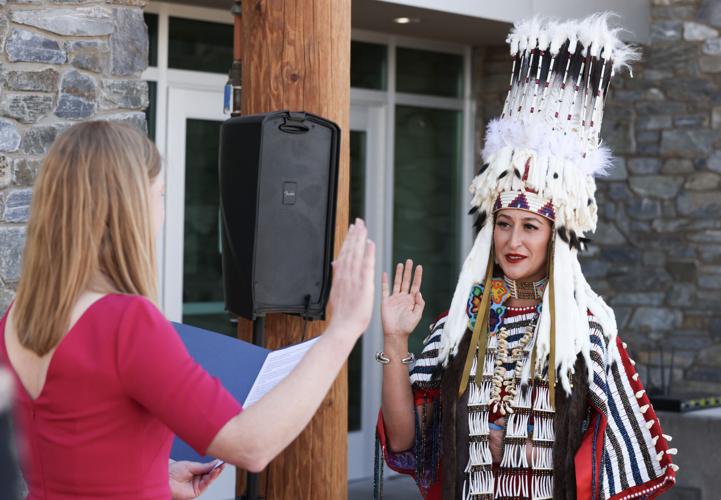
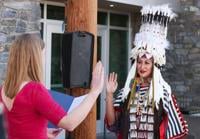





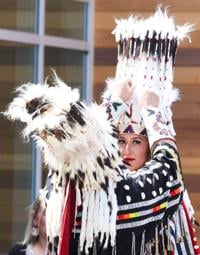

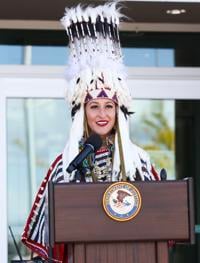
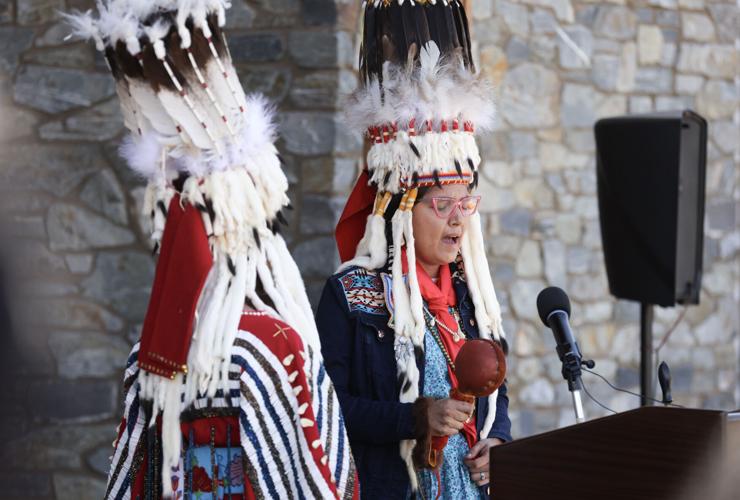
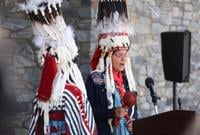










(0) comments
Comments are now closed on this article.
Comments can only be made on article within the first 3 days of publication.